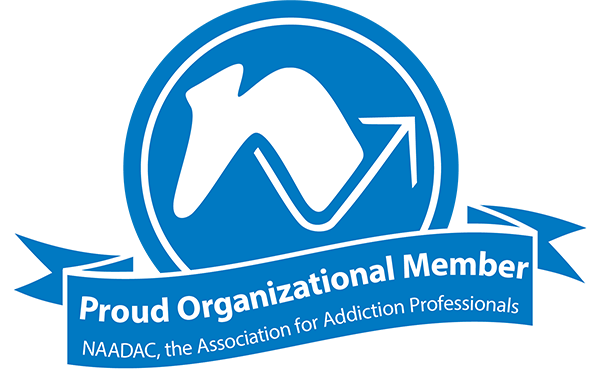Benzo Addiction and Abuse
Benzodiazepine addiction and abuse can develop even when these medications are taken as prescribed, particularly if used for extended periods. The addictive potential of benzos stems from their ability to produce feelings of relaxation, euphoria, and sedation, which can lead users to crave these effects and increase their dosage over time.[5]
Abuse of benzodiazepines often begins with someone taking higher doses than prescribed, using the medication more frequently than directed, or obtaining benzos without a prescription. Some people may combine benzos with other substances like alcohol or opioids to enhance their effects, a dangerous practice that significantly increases the risk of overdose and other severe health complications.
Long-term benzo abuse can lead to various health issues, including cognitive impairment, memory problems, increased risk of accidents, and paradoxical reactions where the drug causes increased anxiety or agitation.[6] Additionally, abrupt cessation of benzos after prolonged use can result in severe withdrawal symptoms, potentially including seizures, which is why professional medical supervision is crucial for those seeking to stop using these drugs.
Addressing Benzo addiction often requires a comprehensive approach, including medical detoxification, therapy, and support groups. Treatment plans may need to address both the addiction itself and any underlying mental health issues that may have contributed to the initial use of benzos.









